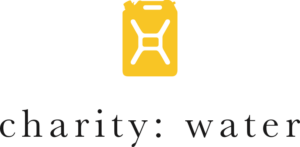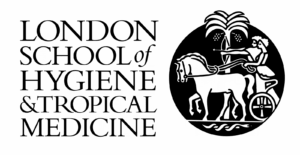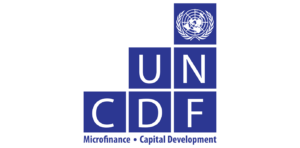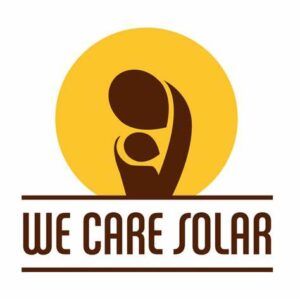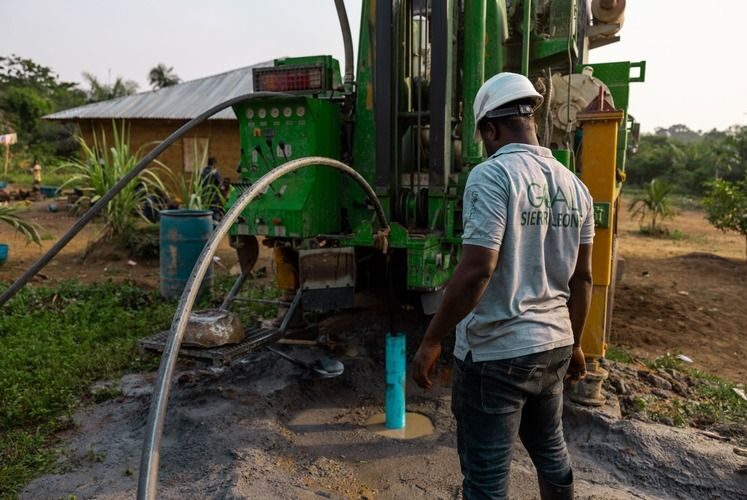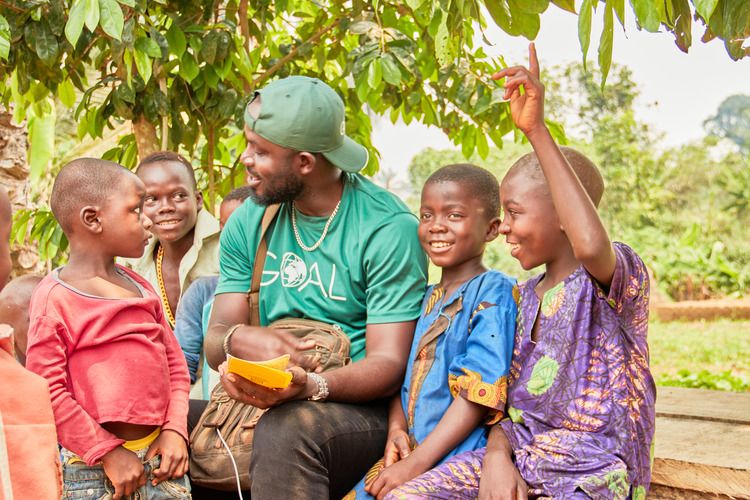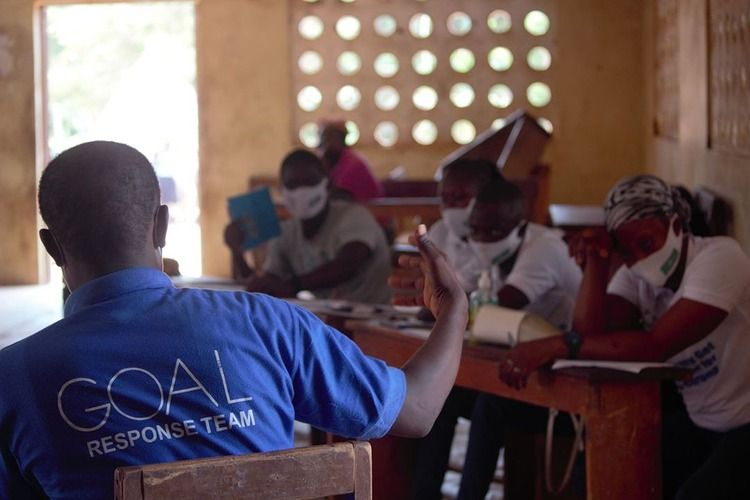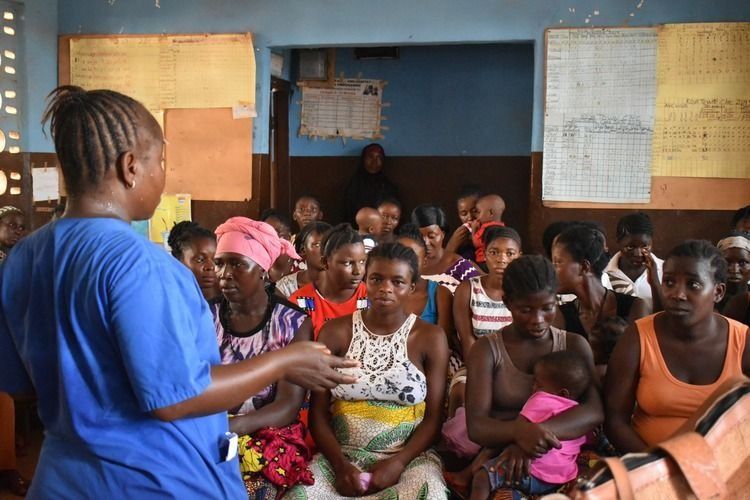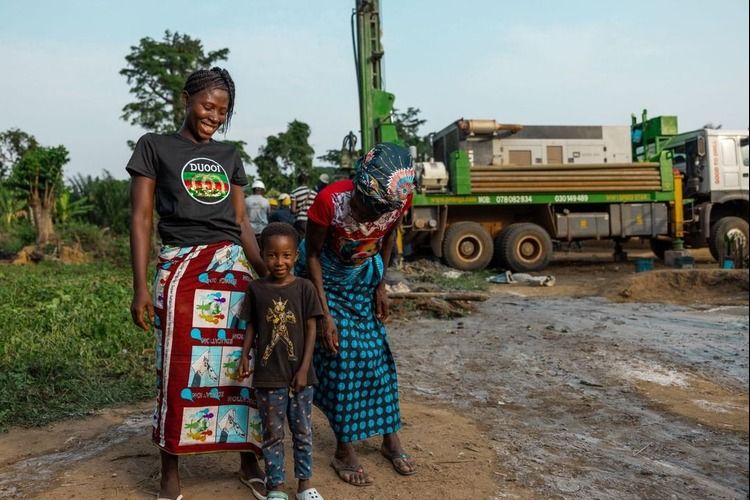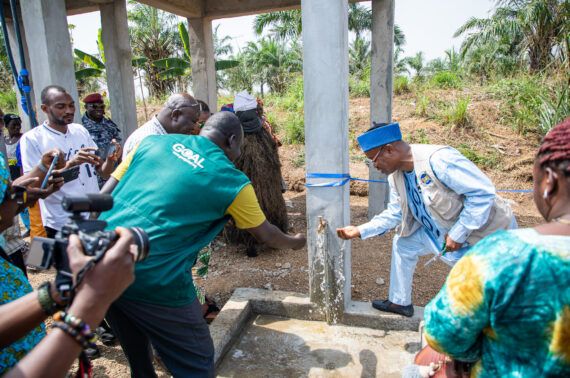GOAL has been working in Sierra Leone since 1999, initially responding to the aftermath of the civil war and later playing a central role in the 2014 Ebola response. Today, with a team of 137 staff, GOAL operates in nine of the country’s 16 districts, delivering programmes in Food and Nutrition Security, Health, and Water, Sanitation and Hygiene (WASH) that strengthen long-term resilience. In 2024 alone, these programmes reached over 700,000 people.
Having transitioned from emergency response to a focus on sustainable development, GOAL continues to support communities while remaining ready to respond to emerging crises. Key initiatives in 2024 included the Community-Led Action (CLA) for Disease Outbreaks, which drew on lessons from Ebola and COVID-19 to enhance community preparedness and protect public health.
Key Achievements
- GOAL team in Sierra Leone supported a total of 700,000 people in 2024.
- Over 91,000 people were reached with GOAL's health programming last year.
- In 2024, Water, Sanitation & Hygiene (WASH) interventions supported over 358,000 people.
- Over 38,000 people were reached by our emergency response programmes last year.
Our work in numbers
1999
GOAL Sierra Leone begins
€4.4M
Programme expenditure in 2024
137
Staff across six districts
700,000
People reached in 2024
Photo Gallery
Stories from Sierra Leone
Our work in Sierra Leone is supported by:
